About | Why Apply | How to Apply | Apply
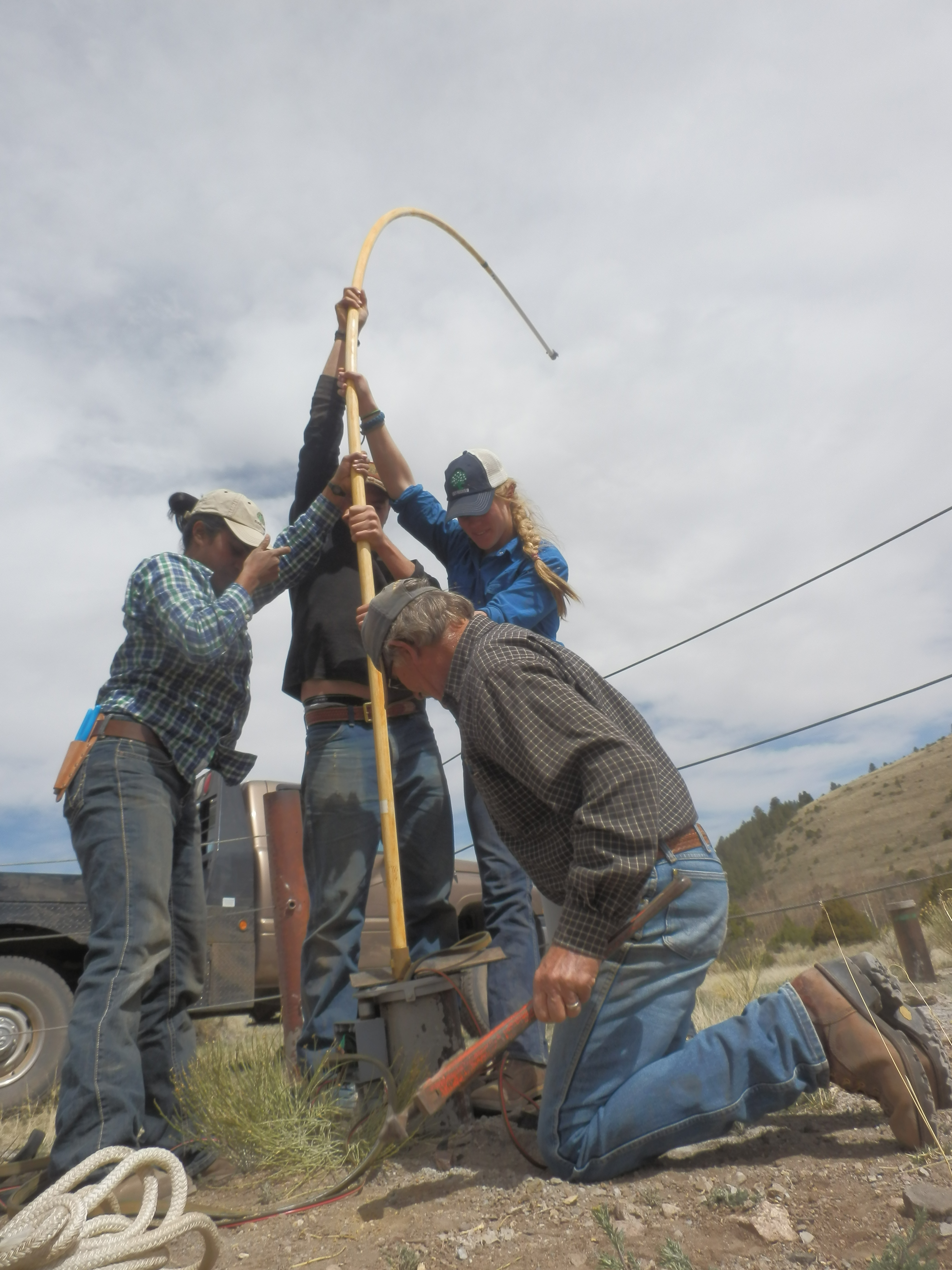
About the Herd Fellowship
We recognize the critical need to support the next generation of regenerative agricultural producers and land stewards.
Quivira Coalition, Holistic Management International, and the American Grassfed Association support young people committed to life at the nexus of tradition and innovation, food and land, economy and community. We believe good agriculture is rooted in holistic thinking and a lifelong commitment to learning and teaching. The Herd Fellowship provides scholarships for beginning farmers, ranchers, land stewards, and students in related fields to attend the REGENERATE Conference.
This fellowship program is both inspired by and an extension of the Herd Fellows program started at the Grassfed Exchange. The Herd — a group of foundations and family offices whose shared mission is to accelerate the transition to a regenerative agriculture system — initiated this program with the goal of continuing education and connection for beginning ranchers and farmers from diverse communities. Applications are due August 18th by 5pm.
If you would like to recommend someone for the fellowship, use this form.
Applications for the 2024 conference are open!
Why Should I Apply?
The Herd Fellows Experience
The Herd Fellowship provides scholarships to attend the annual REGENERATE Conference, with the goal to connect scholarship recipients with peers and mentors, as well as support their pursuit of lives in agriculture and land stewardship.
Attending the conference provides the opportunity to learn from leaders in the field, build relationships with peers and mentors, find support for your work, and bring fresh perspectives on the future of agriculture. Further, in an effort to build our movement and create important synergy between the Herd Fellowship programs at both the Grassfed Exchange and REGENERATE, a network of all new and previous Herd Fellow cohorts has been established to bring alumni together to network, build community, and form lasting relationships.
Hear from past Herd Fellows about their experience:
“The most valuable experience I had as a Herd Fellow was getting to meet other fellows and other attendees of the conference. I can honestly say that these were some of the most talented and genuine people I have ever met. Moreover, my personal and professional trajectory in life have been permanently improved by the connections I made at the conference. I will get to participate in things that were once only dreams of mine.”
“I found the sense of community and the recognition of the scope of the regenerative ag movement to be one of the most valuable elements of the conference. As a rural environmental farmer, being constantly bombarded with the worldly woes, it is refreshing and necessary to be re inspired from time to time.”
“The most valuable part was getting outside my ‘bubble’ and realizing that this is bigger than just myself and what I do. I realized that there is a place to connect with the rest of the world of conservation and regenerative agriculture. The future of regeneration is endless and I am excited to jump in and see what will happen.”
“I greatly enjoyed meeting my generation of individuals doing phenomenal things in the agriculture community. I don’t see very many young agriculturists while attending other ag conferences. It was great to interact and listen to their stories and endeavors.”
“This program shows investment in the future… Being able to bring in more women, queer people, people of color, native people, poor people into these spaces is so crucial for the literal survival of all of us.”
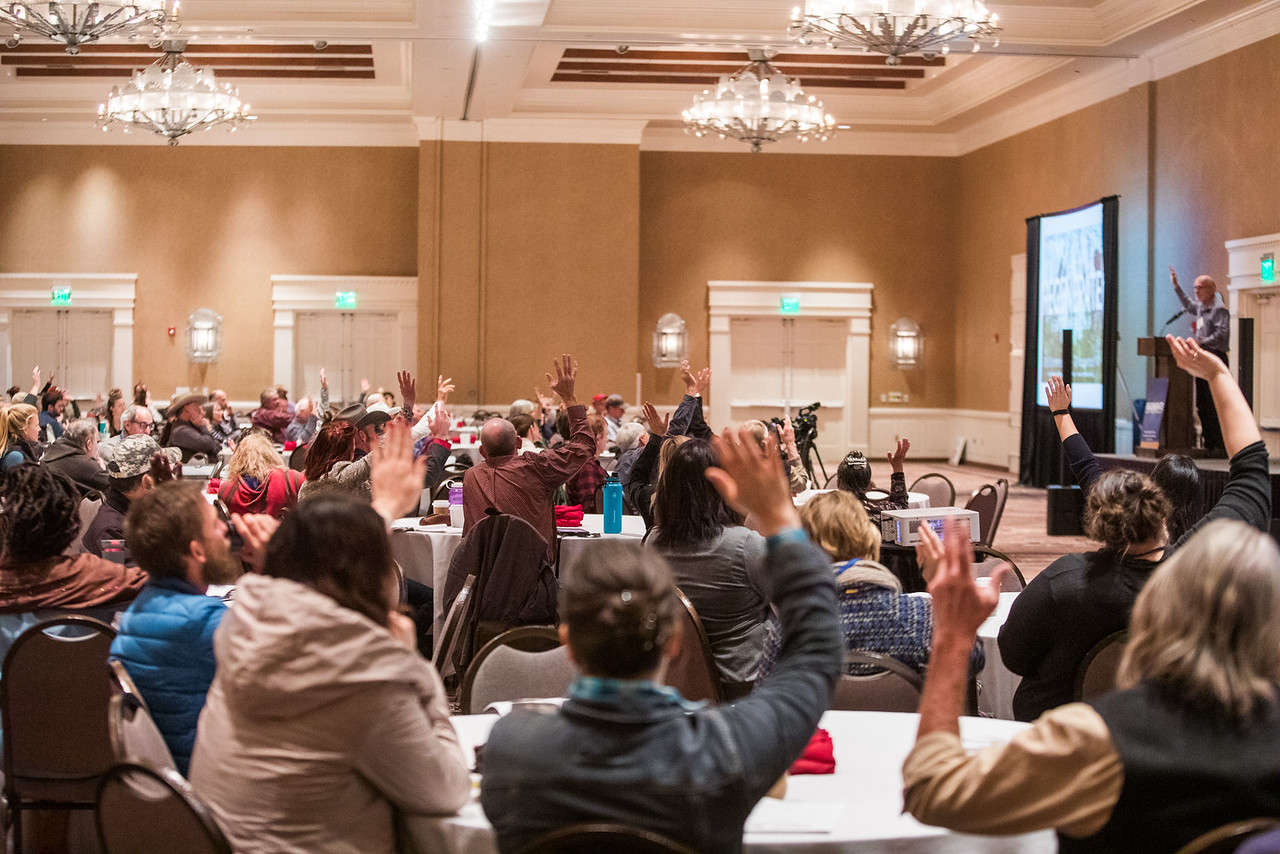
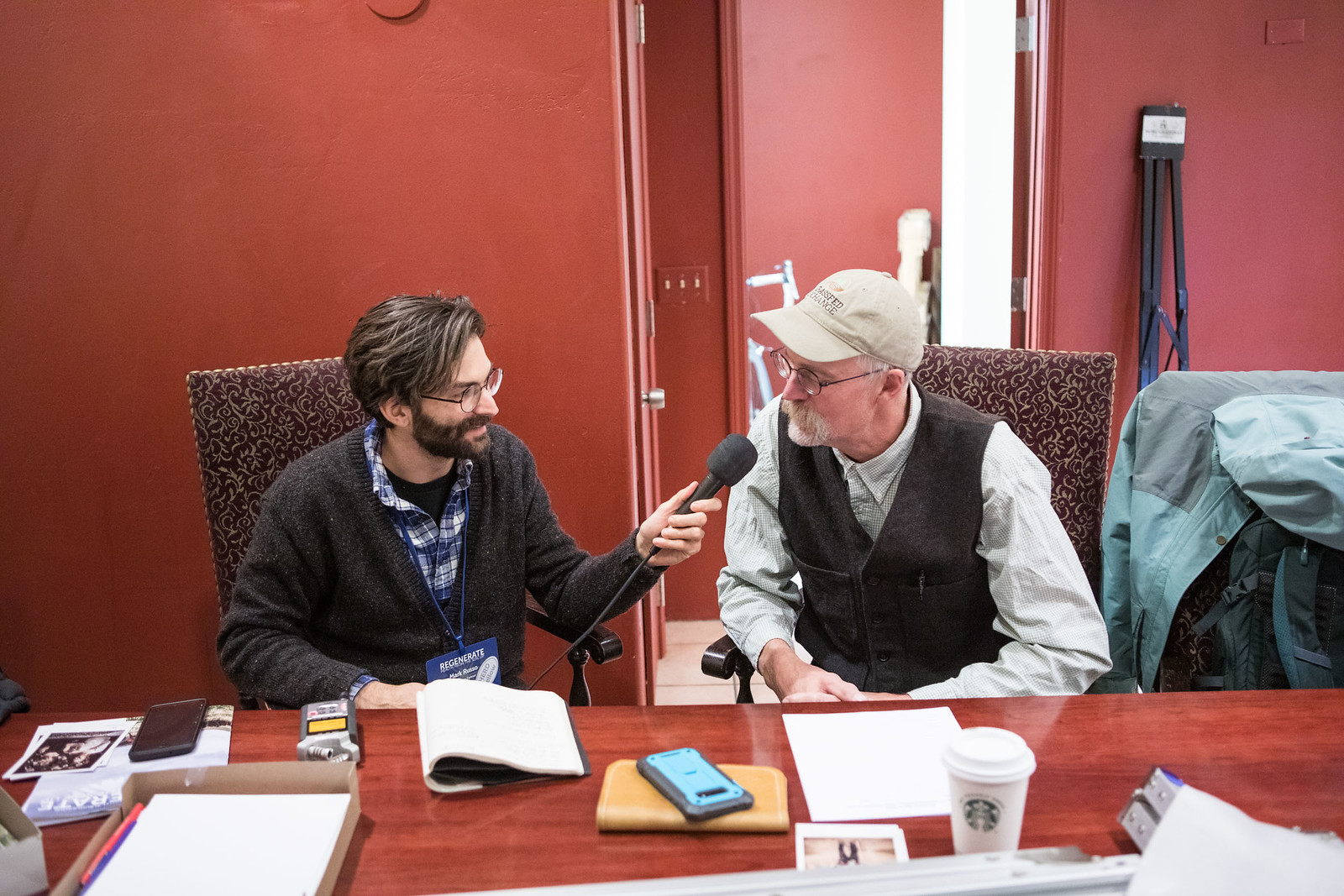
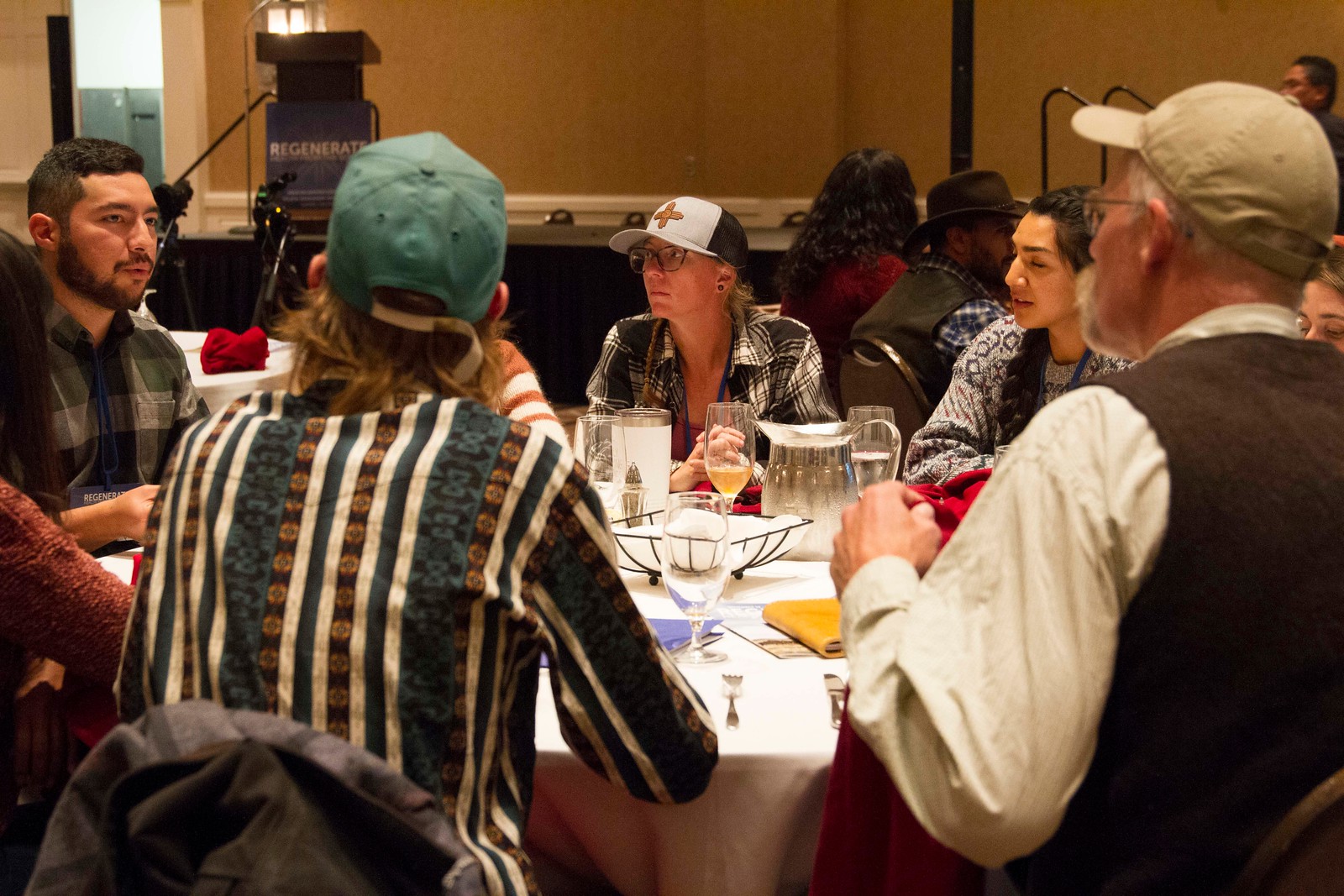
How to Apply
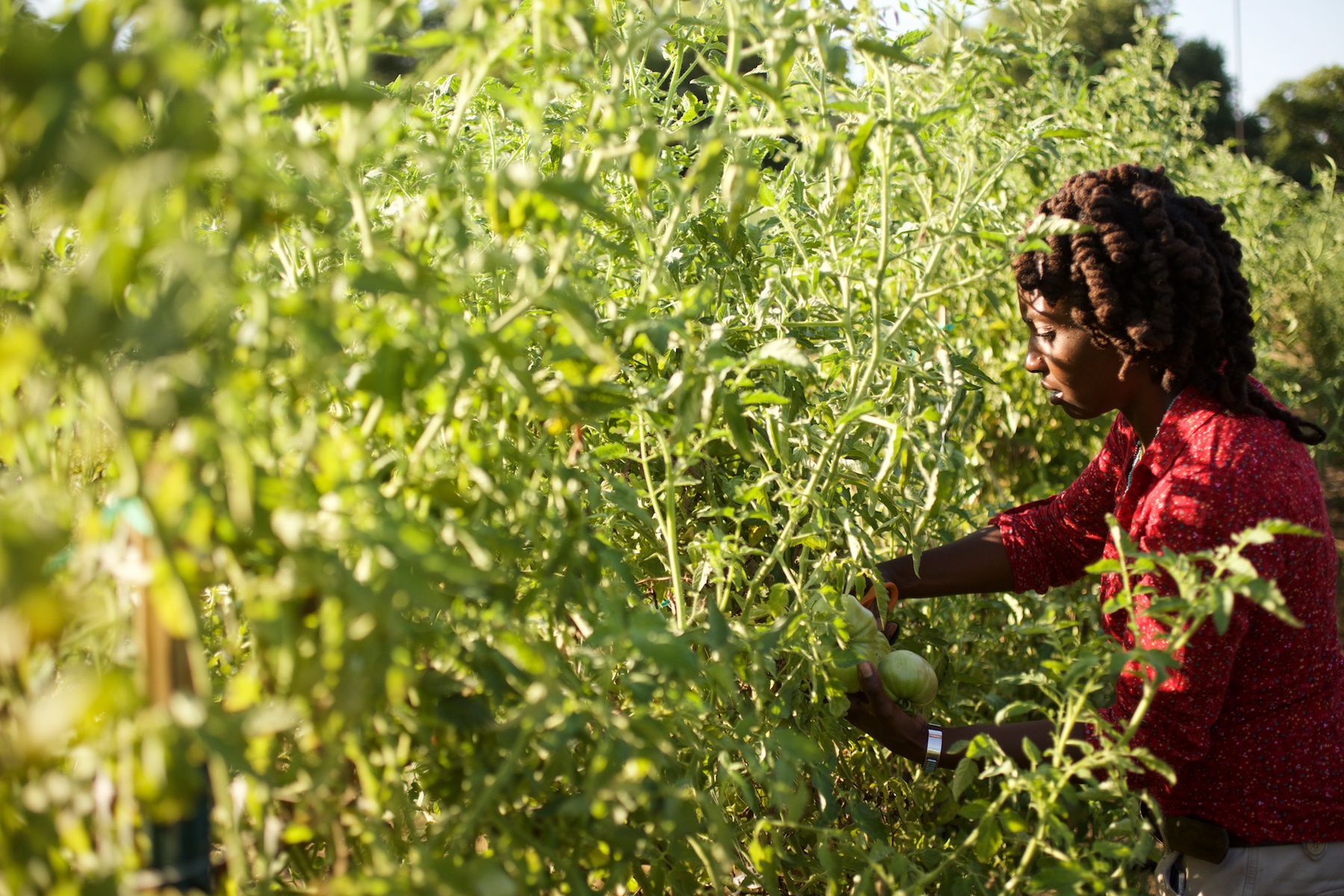
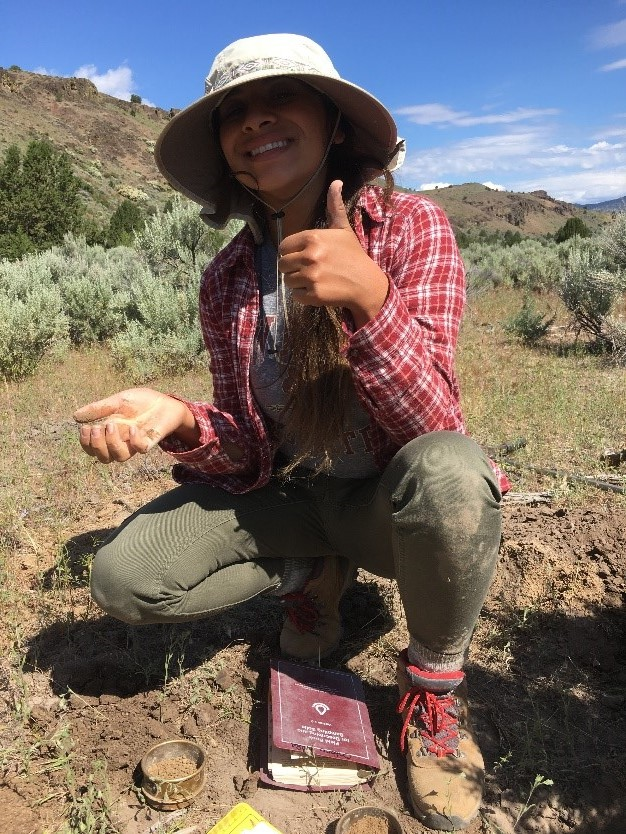
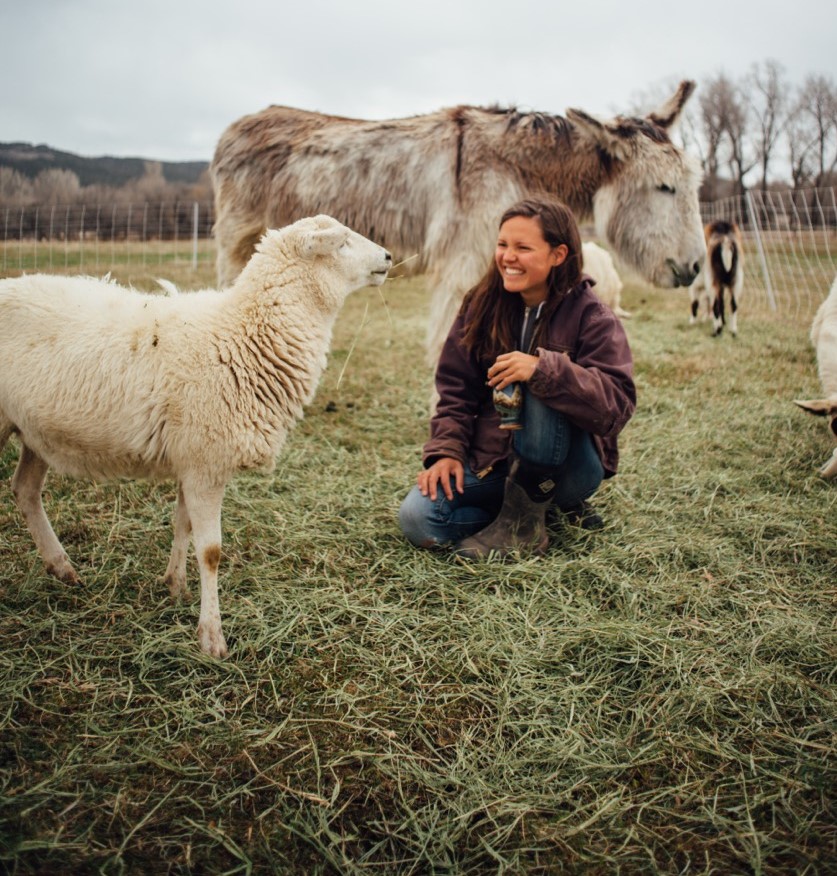
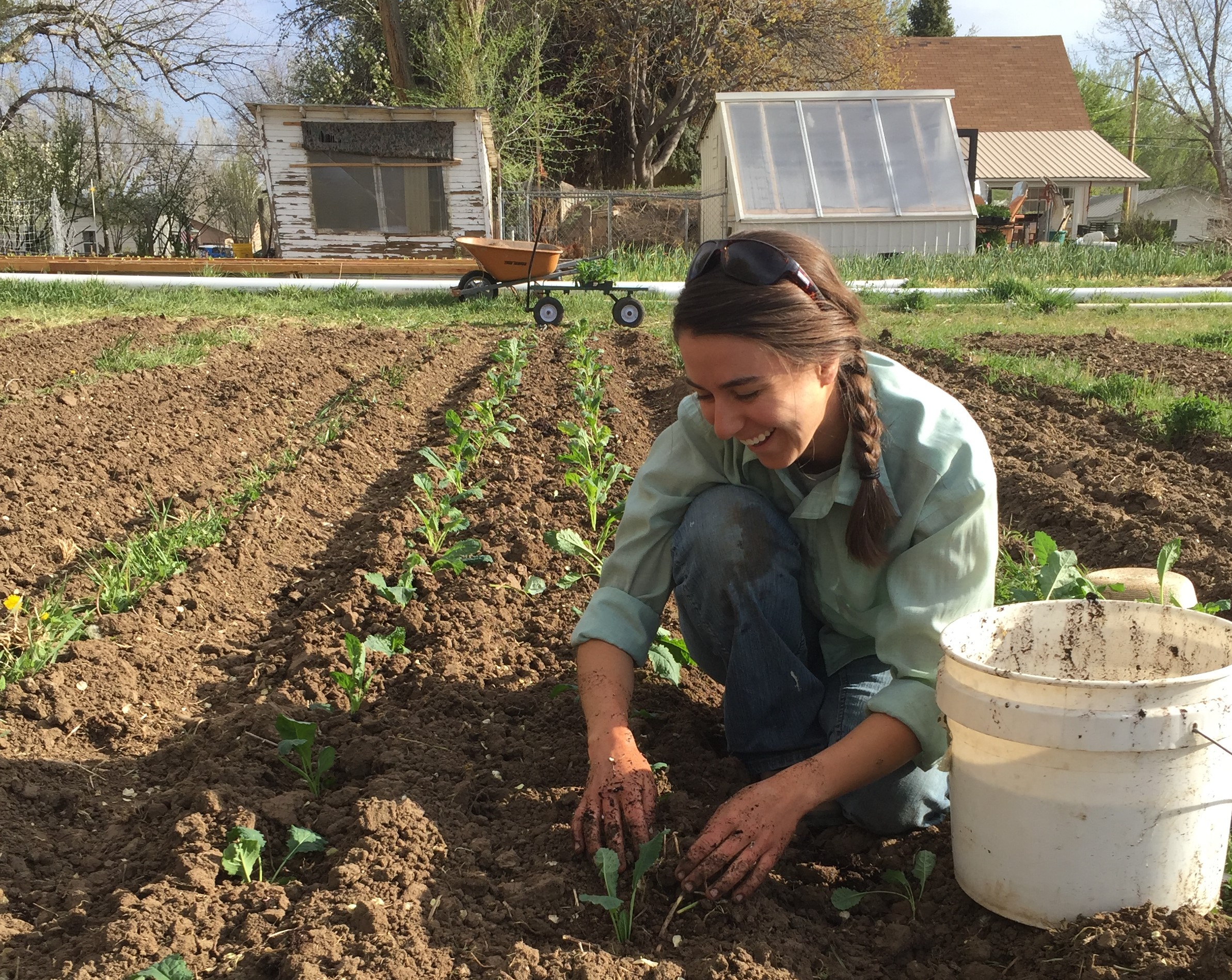
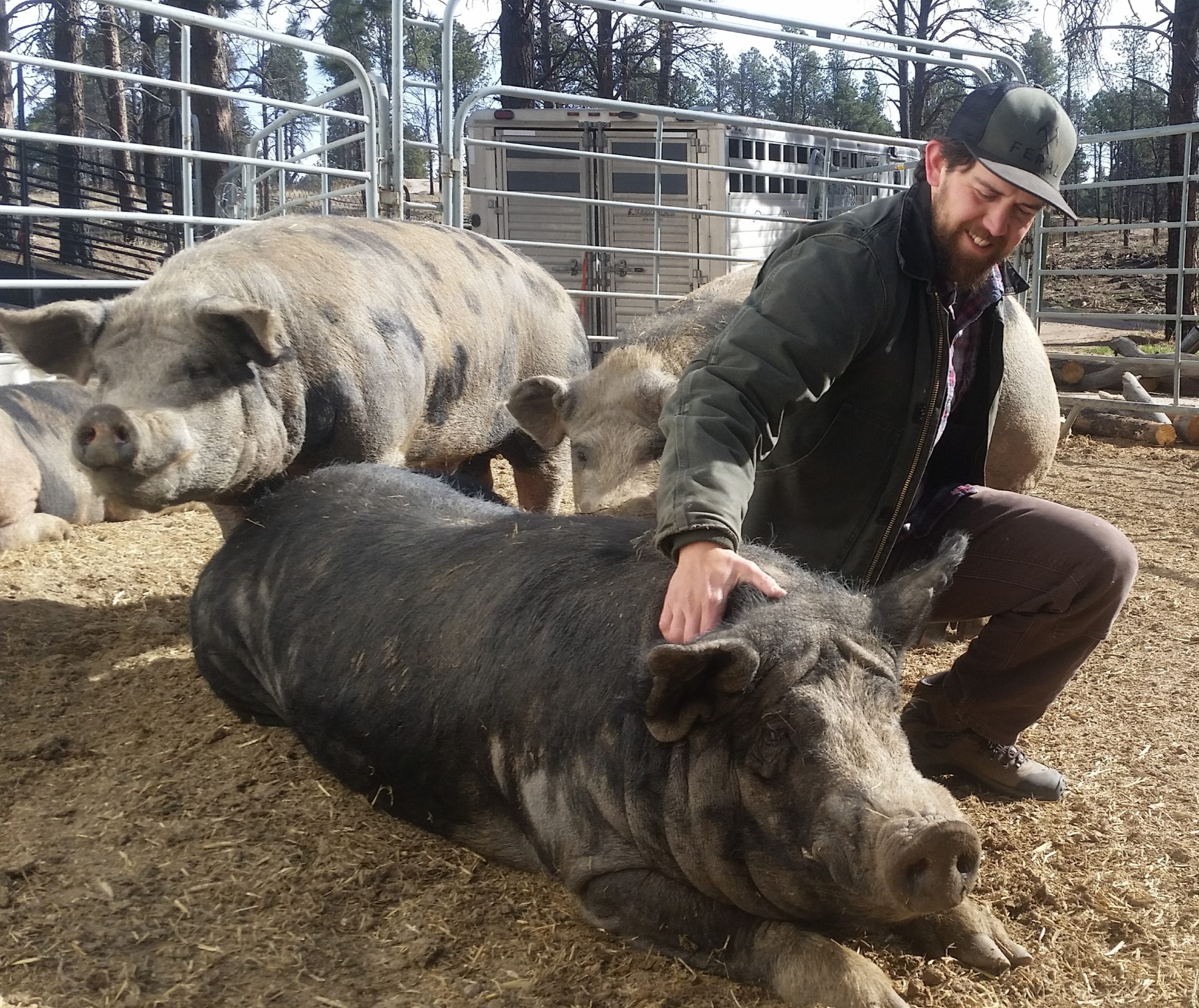
The Herd Fellowship will be awarding REGENERATE Conference full scholarships (covers conference registration fee, travel, and lodging expenses) and tuition-only scholarships (covers conference registration fee) to ranchers, farmers, conservationists, and others in related fields who are beginning their careers. These scholarships will be prioritized to support individuals who come from historically underrepresented or economically low-resource communities and other marginalized identities in agriculture. We specifically encourage the application of Tribal, Latinx, Chicanx, Hispanic, Black/African American, Asian, Pacific Islander, and/or LGBTQ+ beginning ranchers, farmers, land stewards, and college students. However, qualified applicants from any background with a strong application will also be considered.
Our scholarship process has been developed with diversity and inclusion in mind, with a diverse team of reviewers, and acceptance of applications by phone or via the online application below. The award process will prioritize applicants from communities and backgrounds historically underrepresented, but will not exclude qualified candidates from any background with a strong application. Applicants will be evaluated on a number of attributes, including: is ranching, farming, or land stewardship their primary occupation? Have they been pursuing their ranching, farming, or land stewardship career for less than 10 years? Do they come from a community historically underrepresented? How far have they come in their journey to reach this point?
Our goal is to award seventy percent of the scholarships to individuals who come from historically underrepresented communities and who are beginning ranchers or farmers. The remaining thirty percent of the scholarships will be awarded based on need and acommitment to a career in agriculture or conservation.
Who can apply?
The fellowship targets young and beginning ranchers, farmers, land steward, or students in related fields. Applicants must be at least 18 years of age. Please apply if you are a:
- Beginning agrarian or land steward who is within their first 10 years of their career and is 35 years of age or younger
- Student pursuing a degree in agriculture, land stewardship, or a related field
- This year we are going to offer Virtual Herd fellowships and in-person Herd fellowships. Virtual will take place entirely online, and fellows will have access to all virtual conference events. In-person fellowships will take place both online and in-person, and will be given on a more limited basis, and dependent on the distance of travel. We cannot accommodate all global applicants at this time.
- You may select one or both options in your application
How can I submit an application?
We know responding in written form to a series of essay questions is not for everyone, nor does it mean you are any more or less qualified to be a stellar land steward. We are open to accepting your application in a number of ways:
- Complete the online application (link below) – you can respond to essay questions briefly or in bulleted form. If you don’t have a response for every question, you can skip some and focus on the ones you have the most to say about.
-or- - Complete an interview over the phone – to schedule an interview, please write to herd@regenerateconference.com.
-or- - Get creative and submit a video of yourself answering the essay questions! See the essay questions at the application link below.
What if I don’t receive an award or I’m looking for a reduced conference registration rate?
If you don’t receive an award through the Herd Fellowship, don’t worry. We will offer you a reduced beginning agrarian, land steward, and student rate to our conference.
We also offer the reduced beginning agrarian, land steward, and student rate to those who are seeking a non-competitive route. In other words, if you demonstrate you need it, we’ll give you a discount; you won’t be evaluated against anyone else. Complete the Beginning Agrarian, Land Steward, and Student Inquiry Form to receive the discounted rate. After you submit the form, a member from the REGENERATE Planning Team will communicate with you about the discounted rate within 1-3 business days.
Apply
The 2024 REGENERATE Herd Fellowship Application will be reviewed on a rolling basis.
We recommend that you complete your application as a Word or Google doc before you begin the online submission process. You can then copy and paste your information into our online form which will not permit you to save and return to complete. You will receive a copy of the completed form after you submit it. Contact us at herd@regenerateconference.com with any questions.